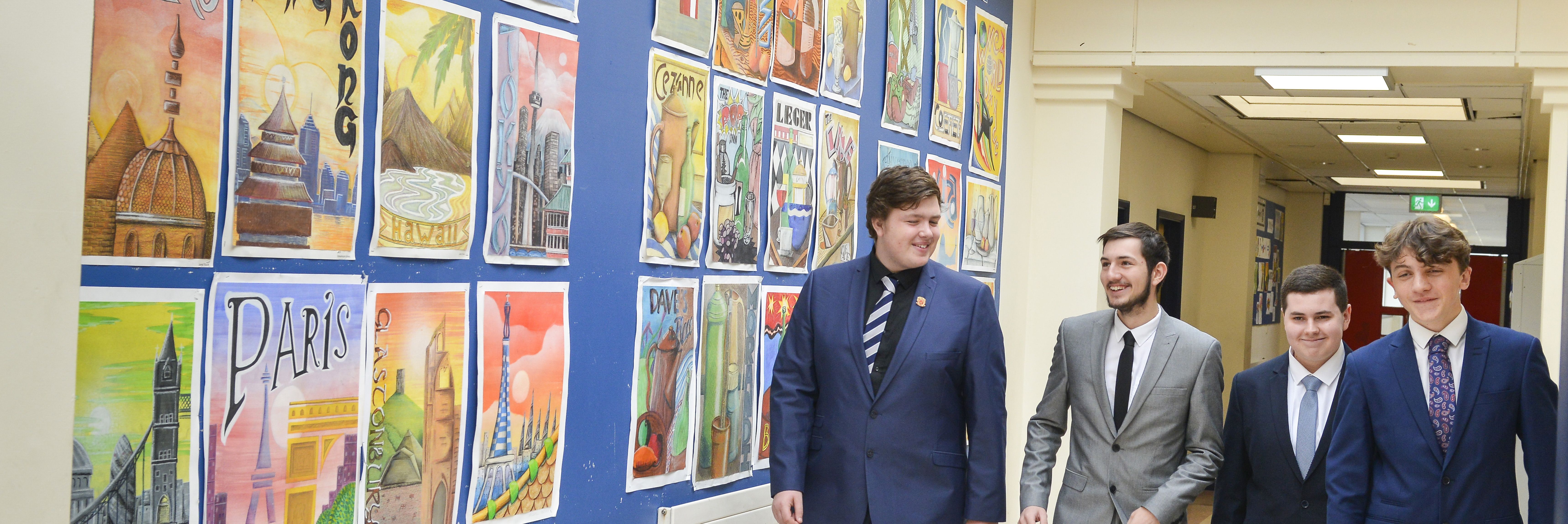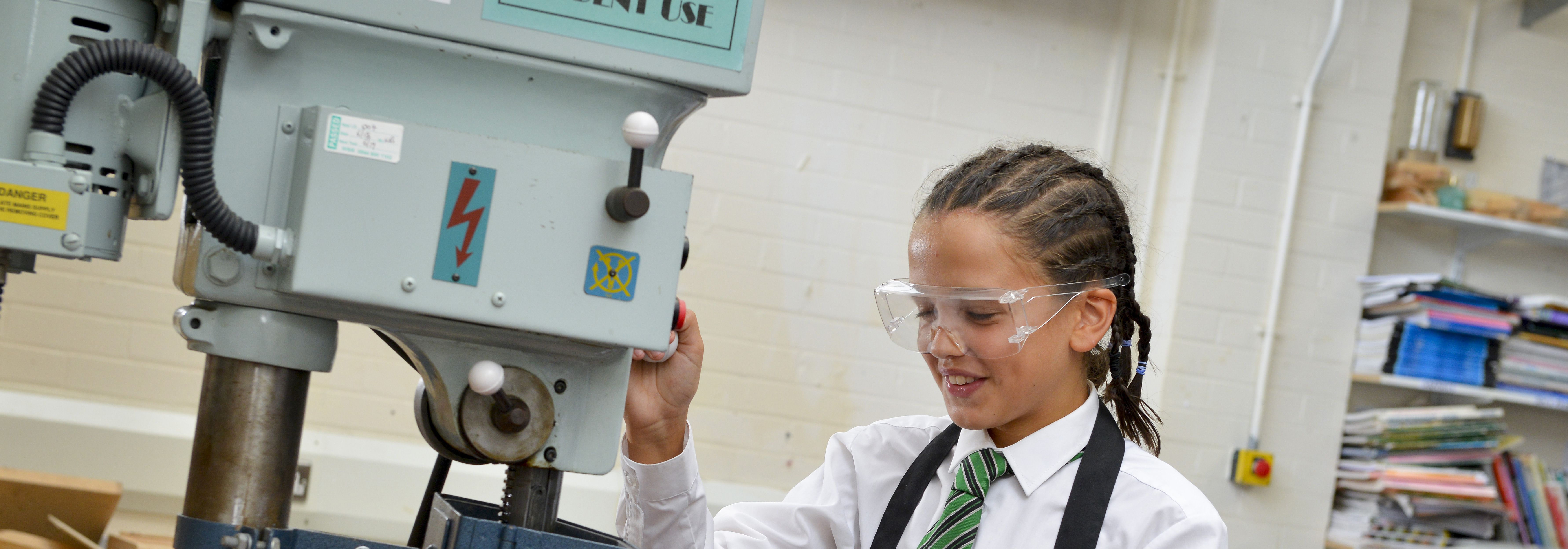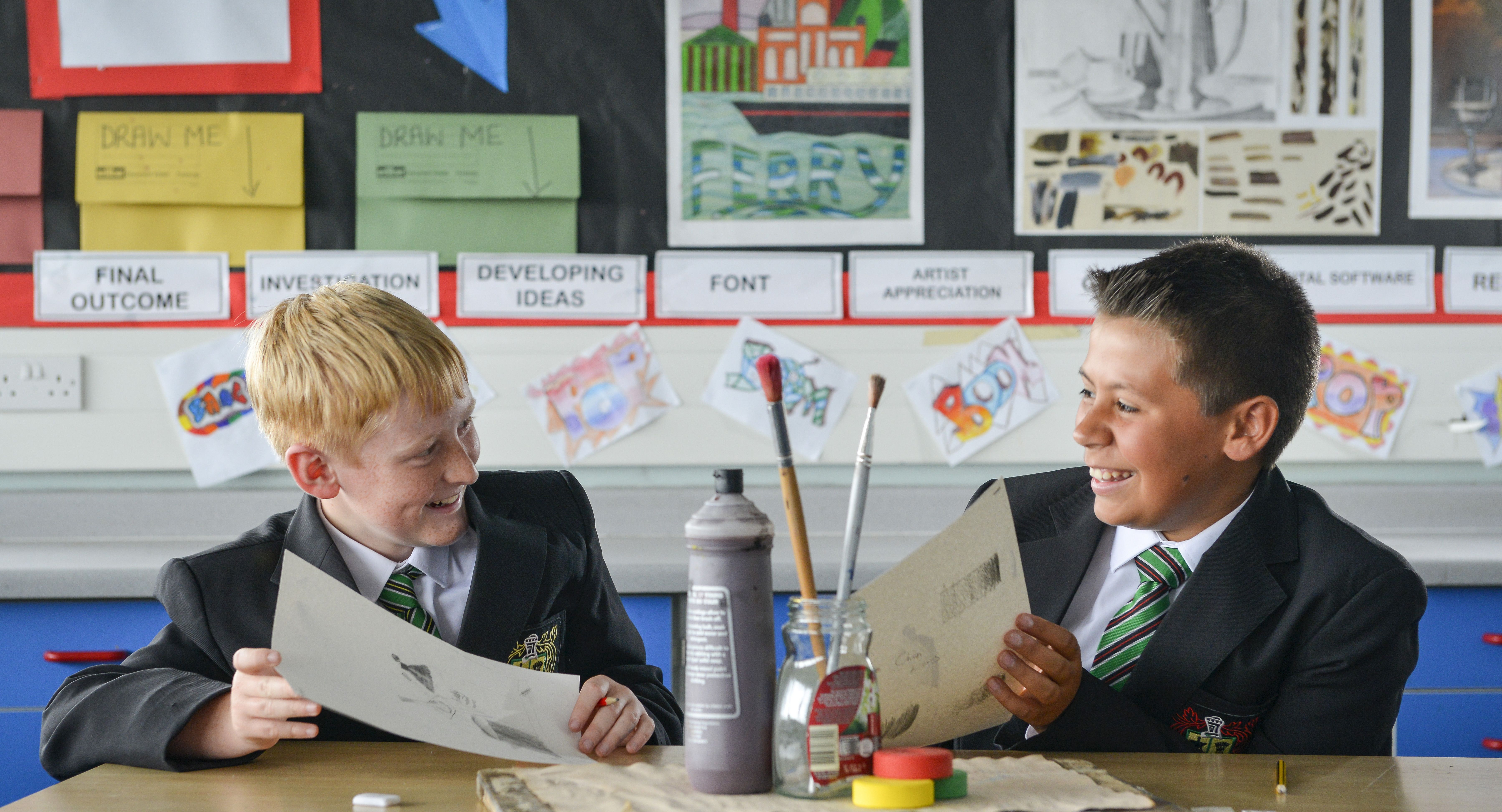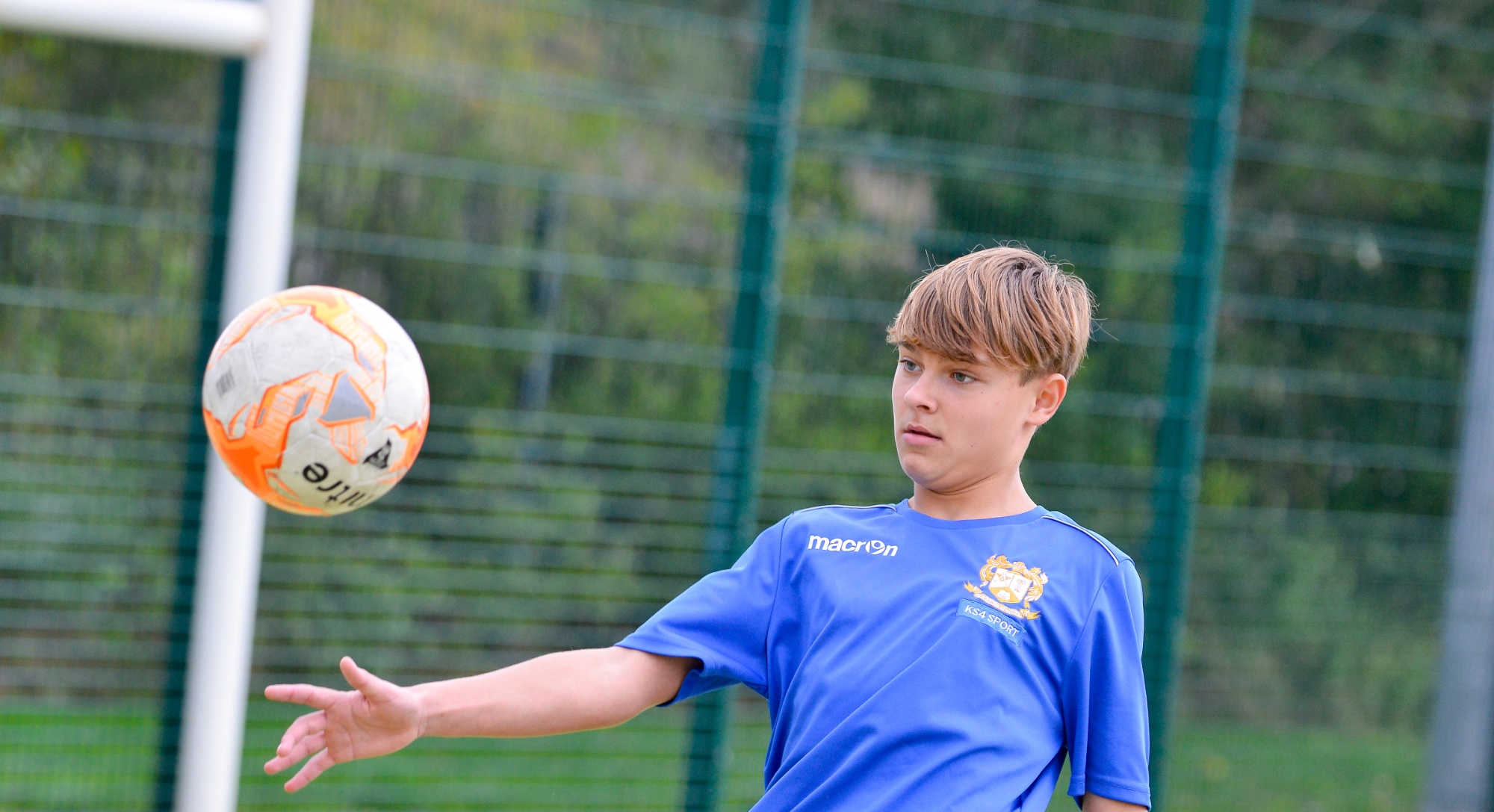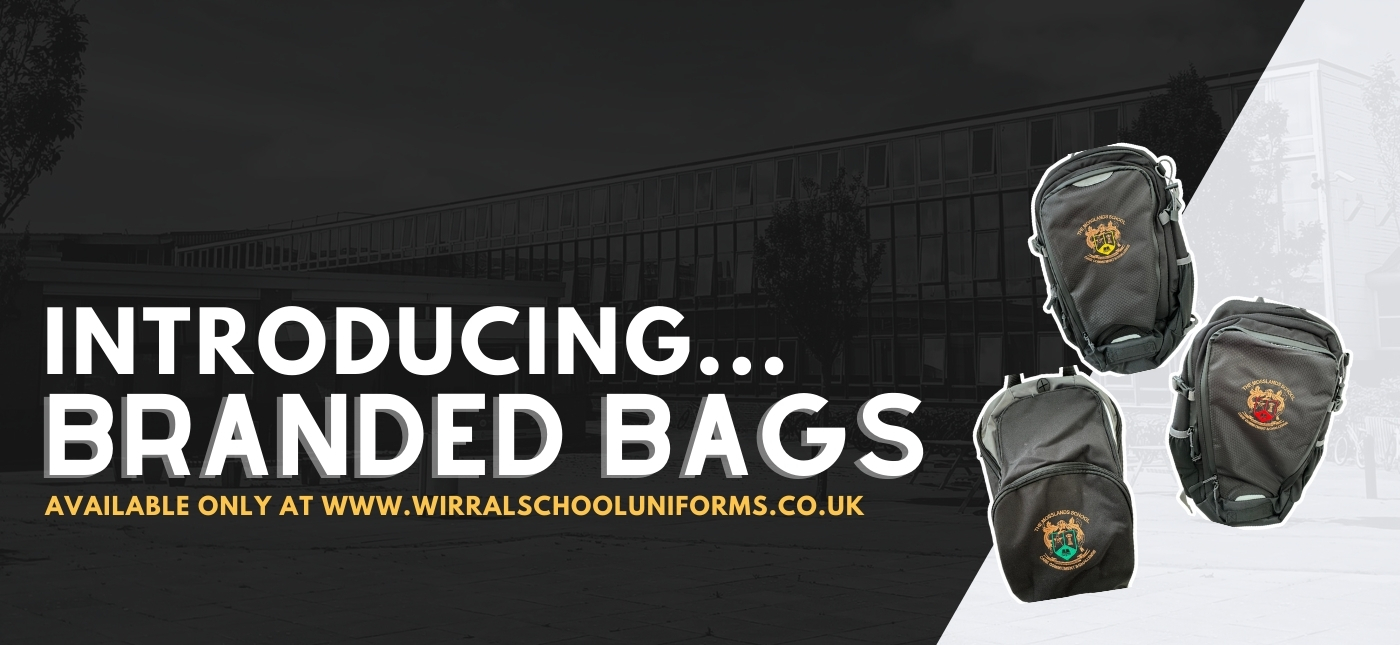Exam Specification
Qualification: GCSE Media Studies (9–1)
Level: 1 & 2
Exam Board: Eduqas (WJEC)
What you learn about:
The Eduqas GCSE in Media Studies equips students with the critical tools to explore, analyse, and interpret media in the modern world. Students engage with a broad theoretical framework—covering media language, representation, media industries, and audiences—across diverse media forms such as advertising, film, music videos, TV, newspapers, radio, magazines, online platforms, and video games.
Learners explore familiar and challenging products, contextualising them historically, culturally, and politically to deepen their understanding. Practical production work is central to the course, allowing students to apply theories creatively and develop media production skills through responding to real-world briefs.
During the course, students will study:
-
Component 1 – Exploring Media: Students investigate media language and meaning, representation, industry processes, and audience reception across multiple forms—including newspapers, film, video games, advertising, magazines, and radio
-
Component 2 – Understanding Media Forms and Products: Learners conduct in-depth studies of television and music (including music videos, online, and social media), applying all aspects of the theoretical framework structured into sections A and B
-
Component 3 – Creating Media Products: Students respond to a set brief by creating an original media production (e.g., television segment, magazine layout, film marketing, or music marketing) tailored to a specified audience
Assessment:
-
Component 1 & 2: These are written examinations that assess students’ ability to analyse media using the theoretical framework and contextual understanding across set products and genres.
-
Component 3: This is a Non-Exam Assessment (NEA). Students produce a creative media product that demonstrates their application of media language and representation skills tailored to an intended audience and genre brief.
Other Information:
-
The specification emphasises the interdependence of theory and practice, preparing students for further media studies and ensuring progression from GCSE to A-Level Media Studies.
-
It reflects the cross-media, multi-platform nature of contemporary media, recognising the importance of digital, online, and social media alongside traditional forms.
-
The course develops key skills including enquiry, critical thinking, decision-making, analysis, and creative production, all within a rich cultural, social, and political context.
See more here





